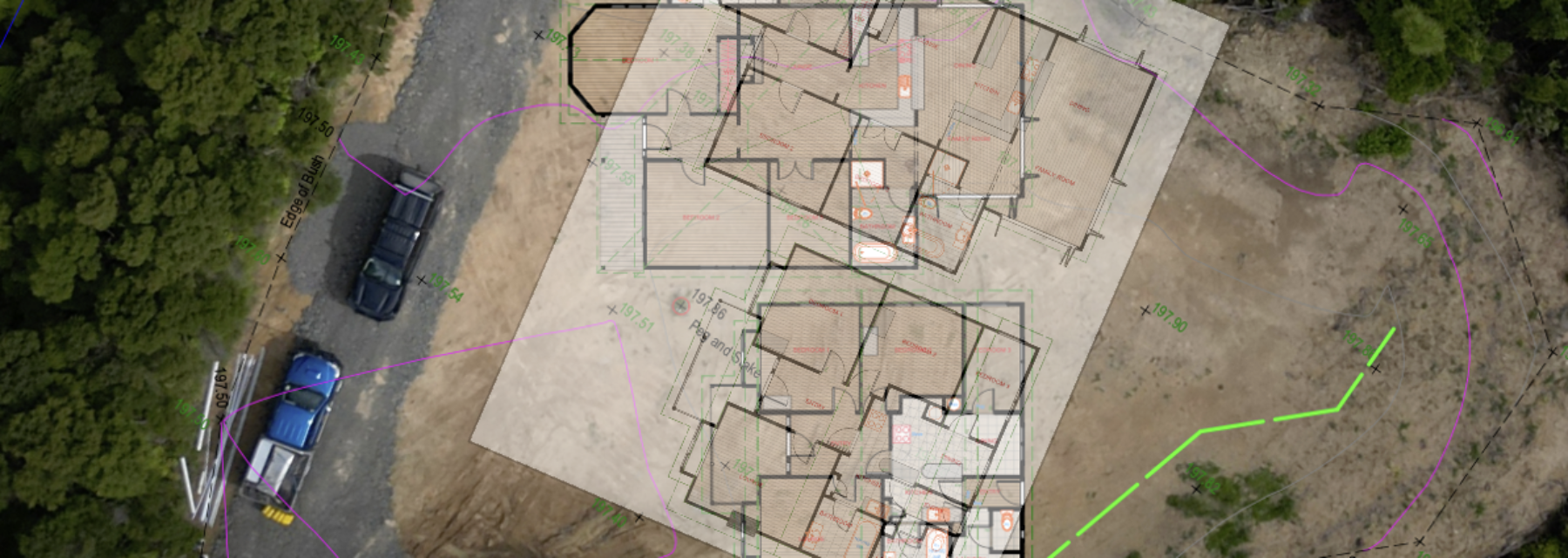
If you are planning a house relocation or a shift onsite, then it is likely that a consent will be required at some point. These consents will be used to monitor, and then approve any works that fall under the Resource Management Act (RMA) or Building Code. The process for submitting, reviewing, and approving these consents vary by council and can be confusing.
Our Design and operations team offers extensive knowledge and experience in supporting the preparation of consents, their submission and approval. The team is familiar with each council’s process, knows what documents are required, and has a good understanding of the common issues that should be taken into consideration.
Here are some important insights from the experts on the consenting process.
1. What are the various types of consents that exist?
There are two main types:
A) Building Consents – These are required by any building work restricted by the Building Code or residential work which requires sign off by a Licensed Building Practitioner.
B) Resource Consents – These are managed in accordance with the Resource Management Act. The consents relate to all changes made by local councils regarding the Land Use, as defined by their district plan.
You can also speak to your local planning or building control officer before deciding if you need a consent. They can help to understand the rules that are set by this council and their application to your project or site.
2. What is required for the submission of a Consent Form?
Once you have decided that a written consent is necessary, you can prepare all the required documents. Depending upon the type of approval and the issuing authority, you might need to submit some or all of these documents.
- Working drawings in full set
- Topographical survey
- Geotechnical report
- Building Material Specifications
- Foundation design
- Structural Engineering designs
- Septic Design
- Second hand building report
- Asbestos Management Plan and Report
- Stormwater overflow design plan
- Windzone and proximity to sea
You may also need other documents and plans depending on your specific project.
4. How much preparation time will it take?
To minimise any roadblocks, we recommend giving yourself 6-9 weeks to prepare and submit your submission. For your project to stay on track, you must prepare an application for consent that contains all necessary information as well as the correct supporting documentation. A consent that is not submitted on time could be rejected or delayed. You should consider how long it will take you to gather all of the necessary documents.
For instance, Geo-technical reports are often required for Building Consents. They can take anywhere from 2-4 weeks to produce. If your Geo-tech indicates that you need to structurally engineer the design, this can take an additional 2-4 weeks
After completing the background preparation, you will be ready to submit your approval to council. Our team has the expertise and contacts to help you get your consent approved quickly. Our knowledge and contacts will help you to submit and prepare your consent in a timely and professional manner.
5. How long before my consent will be approved after I submit it?
Haines recommends to allow up to give 6 weeks for a full approval. Although each council sets its own deadline, the rule of thumb is that consents should be processed in a maximum of 20 working day (4 weeks). If a request is issued for more information, the 20 working day period will be suspended. Once the application is approved, an administrative requirement of one to two working days may be required for the consent to be entered into the council records and a invoice issued. In order to avoid any misunderstandings, it’s best to allow for a buffer period of two weeks.
If you submit the consent on your own, you’ll be the person Council calls first in the event of any issues or questions. They will stop the process if more information or clarification is needed.
If you require an outside party to help you update plans or drawings, you will have to do this yourself and resubmit your updated documents. You will have to take on more work as you are the one who originally submitted the consent.
6. What are the differences between New Build and Relocatable House Consents.
Each council has a duty to ensure safety in building and construction projects that take place within their jurisdiction. Each application for consent is evaluated in light of the reality of that particular project. Second-hand houses or homes that are pre-loved will end up in an entirely different environment to where they were built. Councils must not only consider the structural stability of the site but the house as well. This includes all changes that will need to be done to the home at its new location.
Many councils believe that second-hand homes are a great way for people to climb the ladder of property ownership. As a result, they are always trying to improve how they deal with it. This can also mean that the standards may change over time.
Achieving a Council Building Consents for any housing project is important. The process can seem overwhelming, but working with a professional team such as ours will help to simplify the process.
If you have any questions, get in contact with us today and we can put you in touch with one of our experts.
